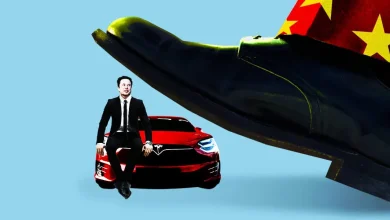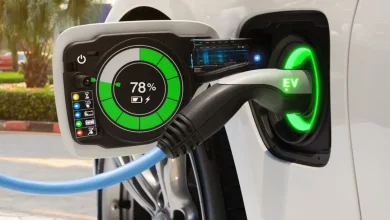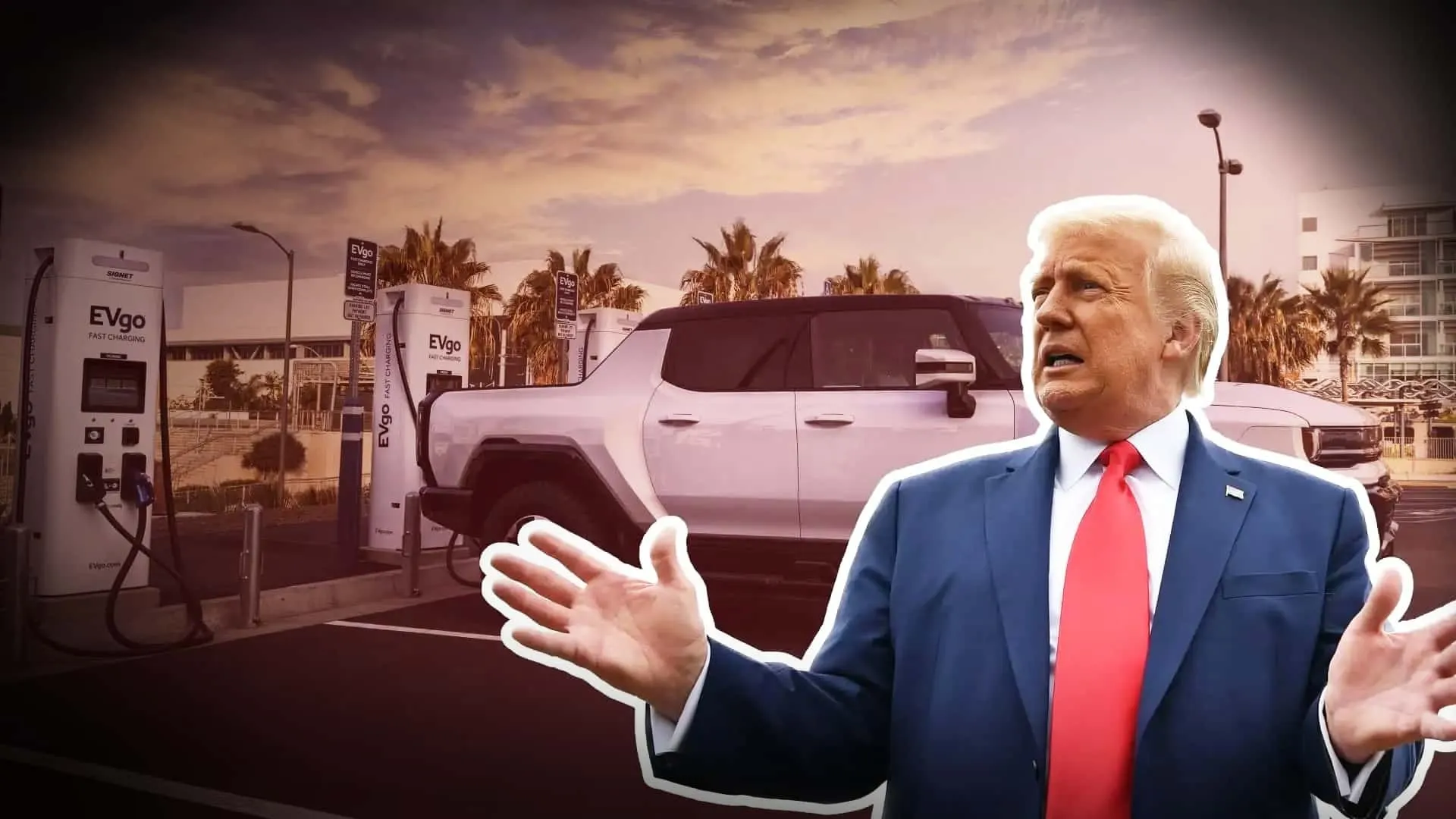
Trump Freezes EV Charging Program, Sparking Legal Backlash
The Trump administration has halted a critical EV charging program, causing widespread disruptions in the funding of renewable energy projects across the nation. The $5 billion initiative functioned within the National Electric Vehicle Infrastructure (NEVI) program to boost electric vehicle charging station development. The Department of Transportation (DOT) issued a delay in funding distribution which created financial instability for states and Tesla alongside increased pressure on their budget adjustments.
The program-funded Tesla Company has obtained $31 million since the project launched. Through the Bipartisan Infrastructure Law of 2021 the NEVI program received $1 billion yearly from 2022 to 2026 to build EV infrastructure throughout the United States. Renewable energy producers experienced profound shock after the sudden funding freeze because experts view this decision as unlawful and disruptive to sustainable energy development.
Legal and Industry Challenges Arise
The halt on the EV charging program has sparked significant legal and political challenges. Transportation directors received a letter from Federal Highway Administration which emphasized that department leadership at DOT reviews the EV charging program but new guidelines are scheduled for this spring for public feedback. The review process of the EV charging program requires that all new funding allocations remain frozen until completion while updated guidance for public comments should become available during spring.
Some analysts perceive the freeze as an unlawful violation of the constitutionally granted powers. According to Beth Hammon who represents the Natural Resources Defense Council (NRDC) as senior vehicle charging advocate the administration lacks any legal basis to cut off funding during an ongoing program. The decision creates problems for statewide EV infrastructure development efforts and makes the workplace fragile and causes confusion among firms who are working to develop EV infrastructure networks according to Beth Hammon.
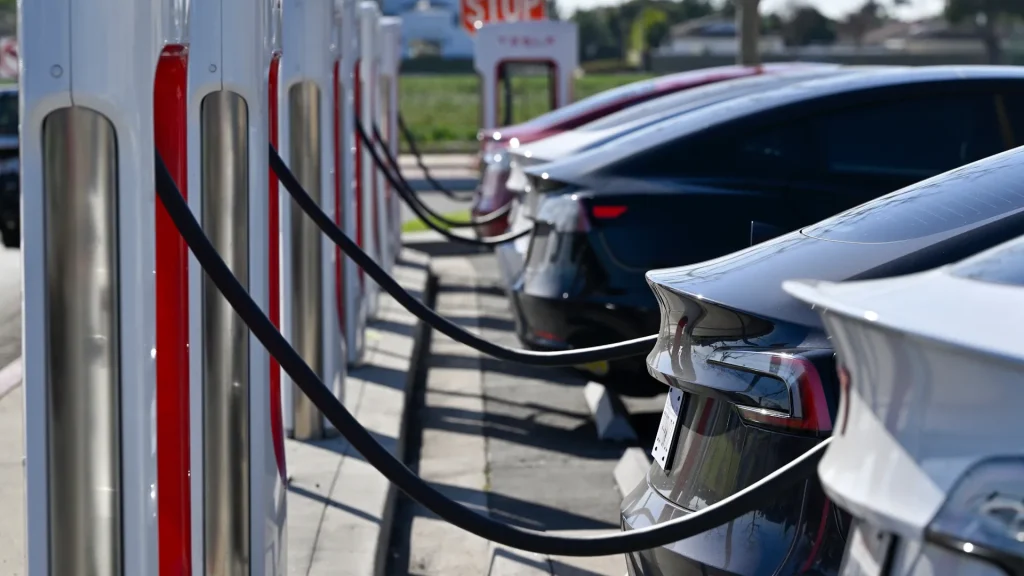
Impact on Tesla and the Clean Energy Sector
Tesla, a major recipient of funding from the EV charging program, has been left in a precarious position. The company acquired roughly 6% of total NEVI award grants which equaled to millions of dollars by mid-2024. The freeze damages Tesla while threatening essential progress for an EV network because dependent businesses will wait longer to accomplish their necessary charging station projects.
The Sierra Club’s Clean Transportation for All program director Katherine García expressed disapproval by calling the decision a harmful assault on bipartisan funding from Congress that existed before. García pointed out that the financial advantage for oil companies emerges through this decision which hinders clean energy advancement.
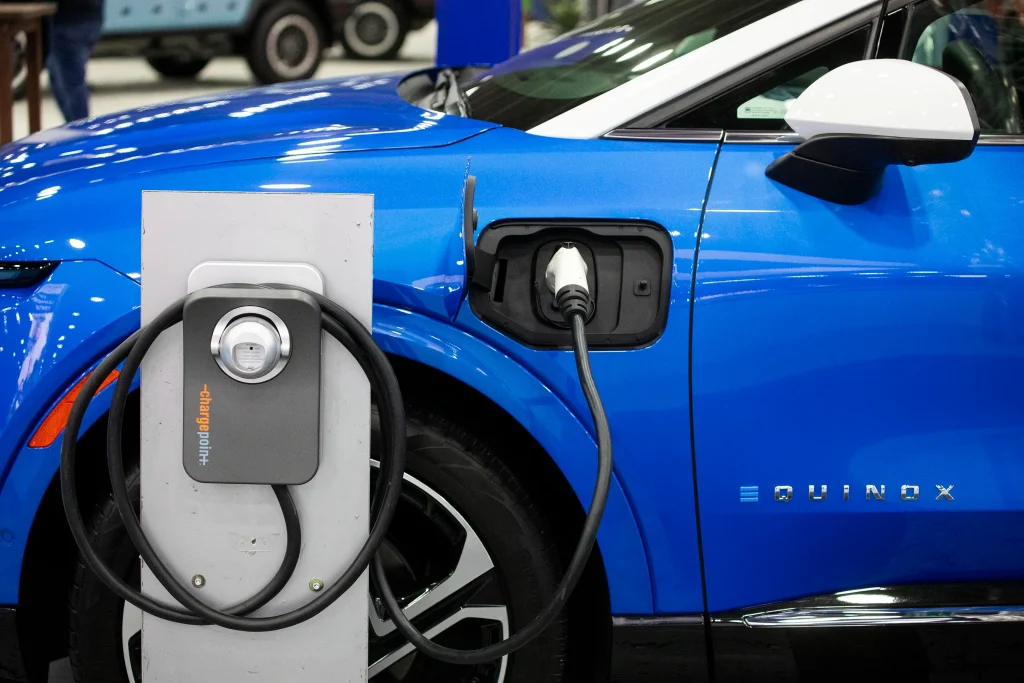
Broader Implications of the Freeze
The freeze on the EV charging program is part of a larger effort by the Trump administration to roll back renewable energy initiatives. President Trump implemented his first executive order concerning federally supported EV charging stations when he returned to office. These actions of suspension run contrary to efforts taken to develop clean energy sources while prolonging electric vehicle market adoption.
The freeze caused effects that extend past Tesla to target both government initiatives in various states alongside organizations and employees who construct the EV infrastructure stations. The decision creates uncertainty and delays because numerous states already depend on NEVI funding to fulfill growing EV market requirements thus jeopardizing clean energy transition progress.

Final Thought
The decision to halt the EV charging program has caused significant backlash from legal experts and industry leaders. Many experts maintain the freeze stands against constitutional principles of separation of powers by trying to prevent Congress from executing their funding authorization. The Government-wide spending freeze introduced by the Office of Management and Budget within the Trump administration has resulted in longer delays for payments and funding.
According to Hammon from the NRDC states would face massive challenges when trying to build EV charging networks because of the abrupt funding freeze. The decision would cause massive chaos to the entire industry according to her statement while carrying the risk of significant economic disruption and job loss.

